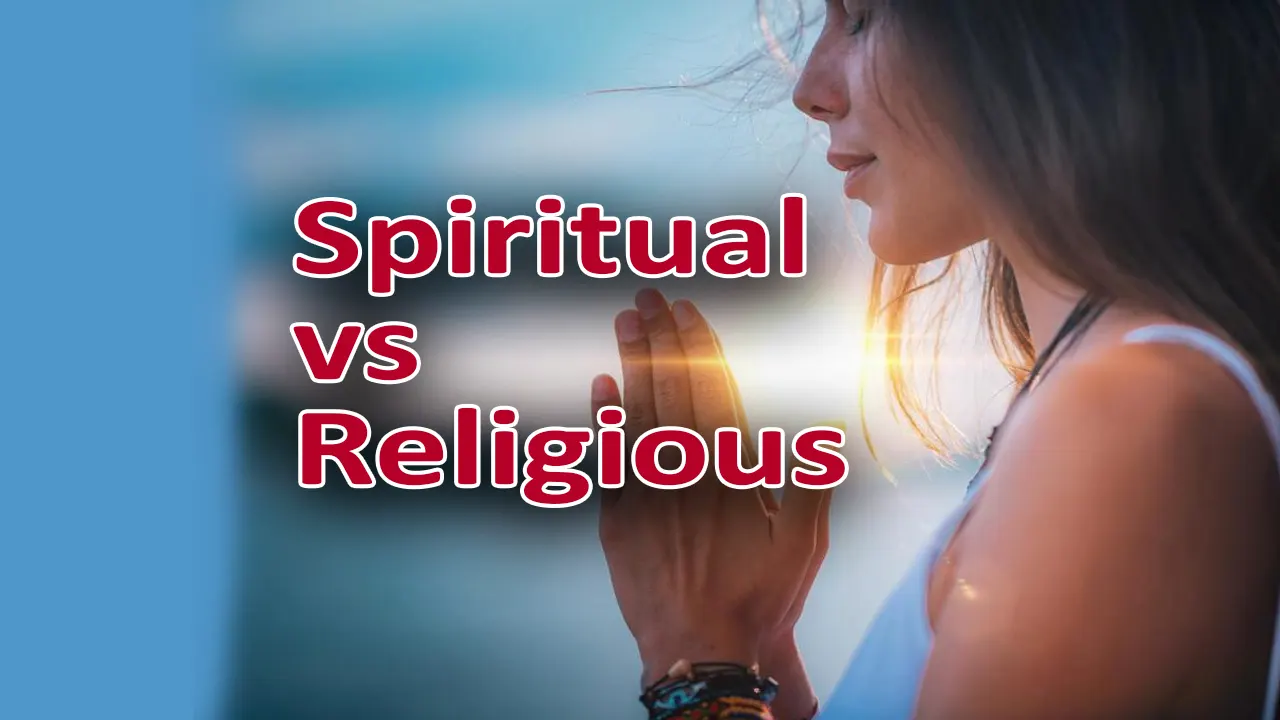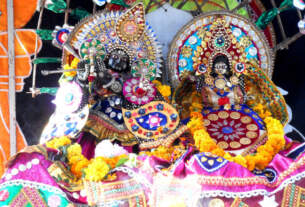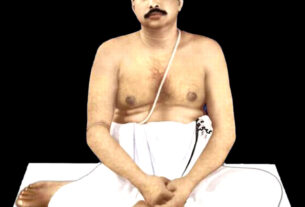The concepts of spirituality and religiosity are often discussed, debated, and sometimes even confused. Both terms relate to one’s beliefs, values, and connection to something greater than themselves, but they have distinct characteristics and implications. In this exploration, we will delve deeper into the differences and common ground between spirituality and religion.
Spirituality:
At its core, spirituality is a deeply personal and individualistic concept. It encompasses a broad range of beliefs and practices that center on the idea of connecting with a higher power or a transcendent reality. Spirituality is not confined to any specific doctrine, institution, or set of rules. Instead, it emphasizes inner experiences, personal growth, and the quest for meaning in life.
- Personal Journey: Spirituality often begins as an individual’s quest for understanding and connection. It is a journey that involves introspection, self-discovery, and the exploration of one’s beliefs and values. This journey may be influenced by various factors, including personal experiences, cultural background, and exposure to different philosophies.
- Open to Interpretation: Spiritual beliefs are highly subjective and open to interpretation. People can draw inspiration from a variety of sources, such as nature, art, meditation, or personal epiphanies. There are no strict doctrines or religious texts that dictate spiritual beliefs, allowing for a diverse and flexible range of perspectives.
- Seeking Meaning: A key focus of spirituality is the pursuit of meaning and purpose in life. Individuals often turn to spirituality to find answers to fundamental questions about the nature of existence, suffering, and the human condition. This search for meaning can lead to a deep sense of fulfillment and contentment.
- Transcendence: Many spiritual individuals believe in the possibility of transcending the material world and experiencing a connection with a higher power or universal consciousness. This can manifest in feelings of awe, wonder, and a sense of being part of something greater than oneself.
Religion:
Religion, on the other hand, represents a more organized and structured approach to spirituality. It involves a specific set of beliefs, practices, rituals, and often a community of like-minded believers. Religions typically have sacred texts, clergy, and established traditions that guide the faith and behavior of their adherents.
- Doctrines and Beliefs: Religions are characterized by well-defined doctrines and beliefs that followers are expected to adhere to. These doctrines often address fundamental questions about the nature of God, the purpose of life, morality, and the afterlife.
- Rituals and Practices: Religious practices include rituals, ceremonies, prayers, and worship services that are performed according to prescribed guidelines. These rituals serve to strengthen the connection between the individual and the divine.
- Community and Fellowship: Religions foster a sense of community and fellowship among their members. Places of worship, such as churches, mosques, synagogues, and temples, provide a physical space for believers to come together, worship, and support one another.
- Moral and Ethical Framework: Religions often provide a moral and ethical framework that guides the behavior of their followers. These moral codes can vary widely between religions but generally aim to promote virtuous and righteous conduct.
Common Ground:
While spirituality and religion have their differences, they also share common ground in several ways:
- Search for Meaning: Both spirituality and religion are driven by a fundamental human need to seek meaning and purpose in life. Whether through personal introspection or adherence to religious teachings, individuals seek answers to existential questions.
- Connection to the Divine: Both spirituality and religion involve a belief in something beyond the material world. Whether it’s a personal connection with the divine or adherence to a religious doctrine, both provide a path to connect with a higher power.
- Moral Values: Spirituality and religion often emphasize the importance of moral values and ethical behavior. While the specific values may differ, the underlying principles of compassion, kindness, and integrity are commonly shared.
- Peace and Fulfillment: Both paths can lead to a sense of peace, fulfillment, and inner harmony. Whether it’s through meditation and self-discovery in spirituality or through worship and community in religion, individuals often experience a deep sense of well-being.
Conclusion:
In summary, spirituality and religion are distinct yet interconnected ways in which individuals seek meaning, connection, and purpose in life. Spirituality offers a more personal and flexible approach, while religion provides structure, community, and doctrinal guidance. Ultimately, the choice between spirituality and religion is a deeply personal one, and individuals may find fulfillment and enlightenment on either path or a combination of both. The important thing is to respect and understand the diverse ways in which people explore their beliefs and connect with the transcendent aspects of existence.
Related Queries:
What is the difference between spirituality and religion?
Can you be spiritual without being religious?
How do I discover my own spirituality?
What are the benefits of being spiritual or religious?
How can I find a balance between spirituality and religion in my life?
Do all religions have the same core beliefs?
What are the major world religions and their beliefs?
What are some famous spiritual practices and rituals?
How does spirituality impact mental health and well-being?
Is it possible to be both spiritual and atheist?
How do different cultures view spirituality and religion?
What are the common misconceptions about spirituality and religion?
Can you change your religious beliefs or spirituality over time?
How do spirituality and religion influence one’s ethical choices?
What role does community play in spirituality and religion?
Are there scientific studies on the effects of spirituality and religion on human health?
What is the history of the relationship between spirituality and religion?
How do spiritual leaders and religious figures influence society?
What is the future of spirituality and religion in a rapidly changing world?
How can I explore different spiritual and religious paths to find the right fit for me?
#bhalakatha #mindplugin #prayas





